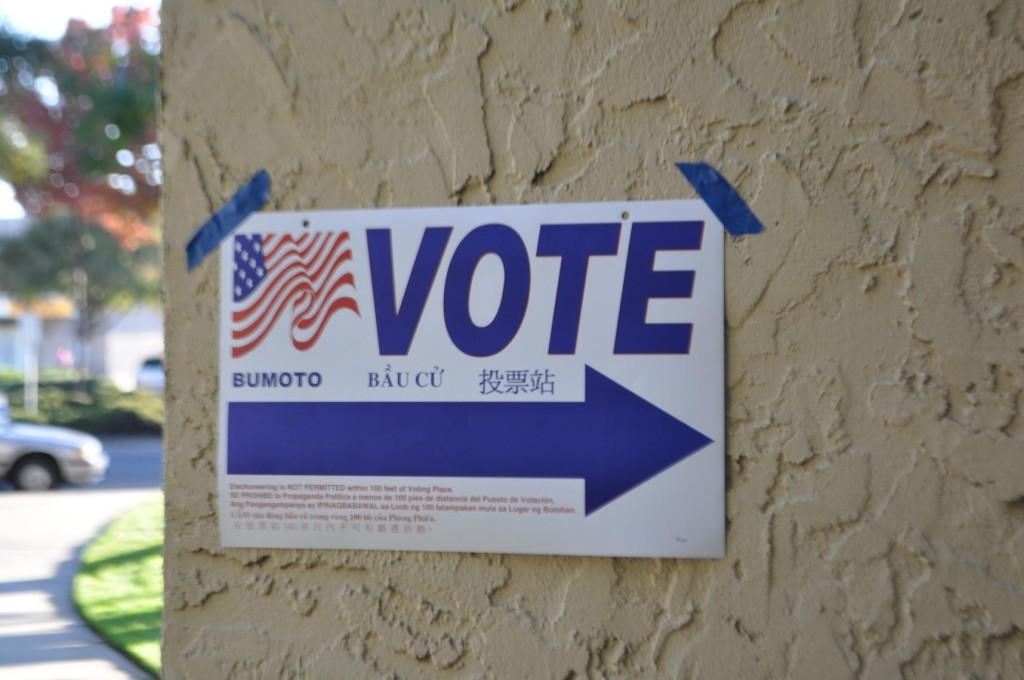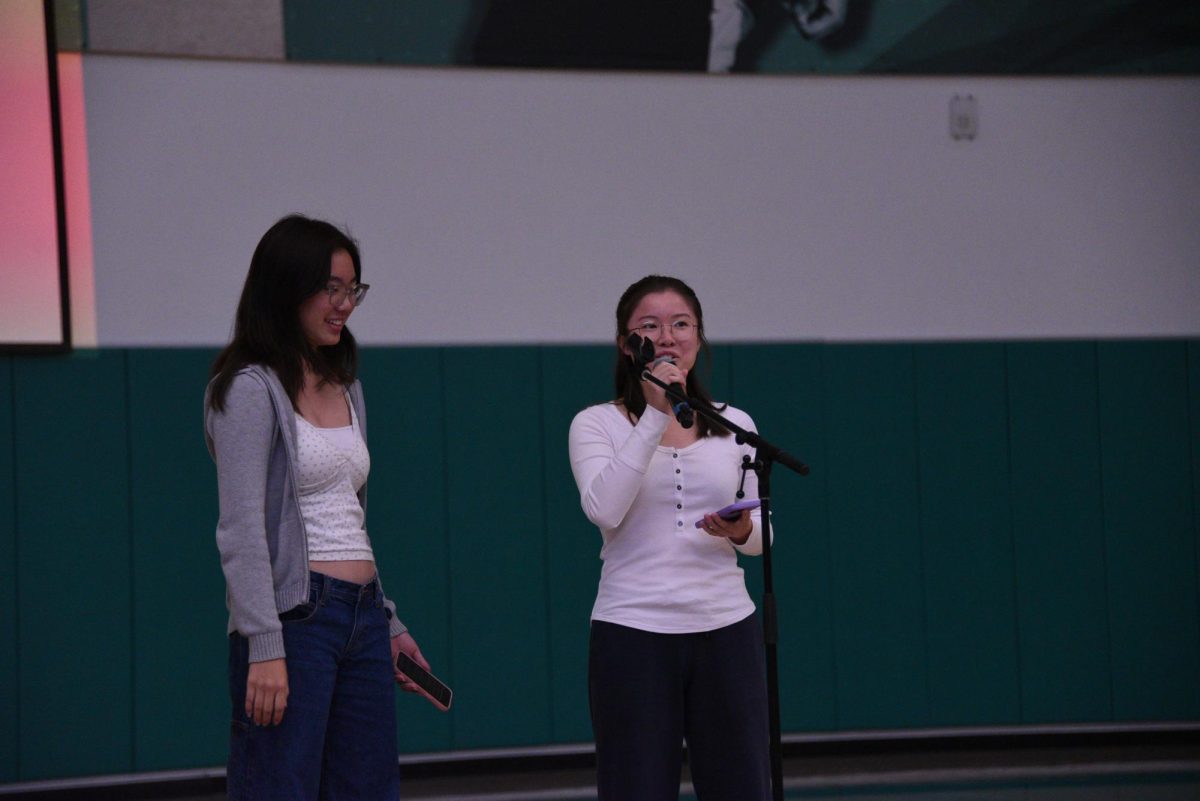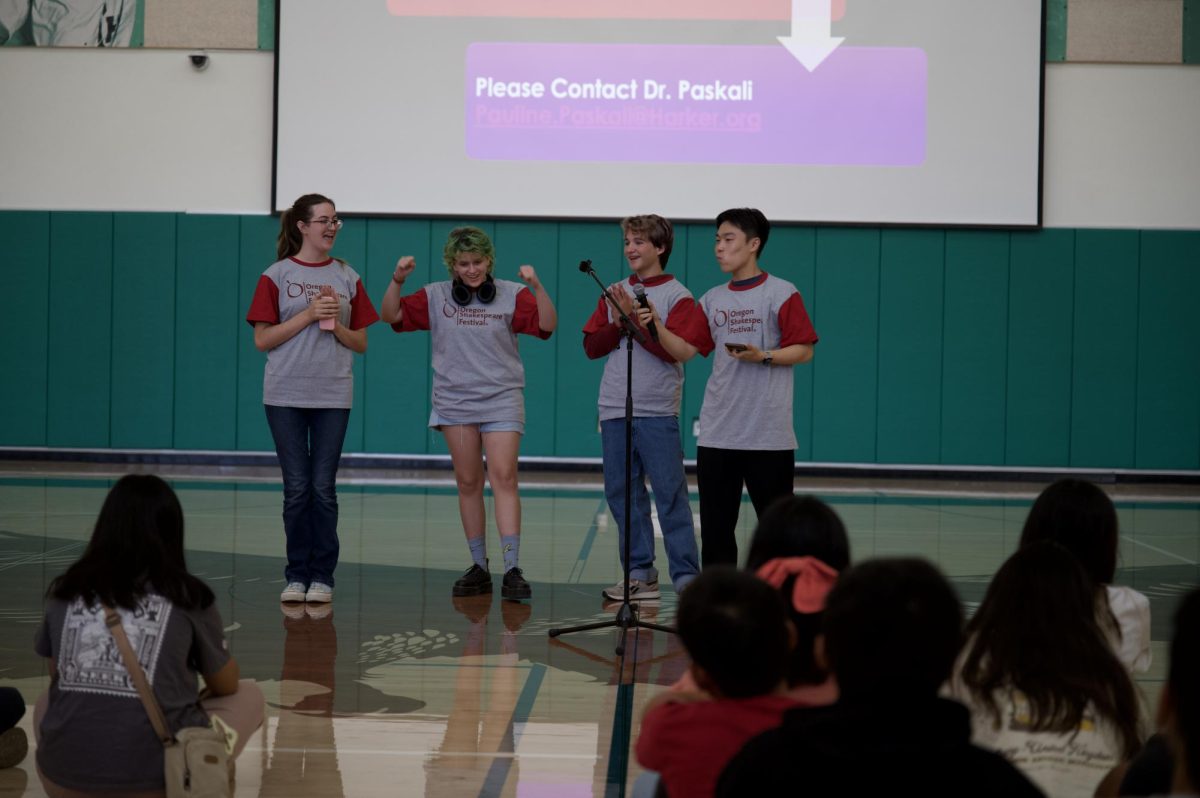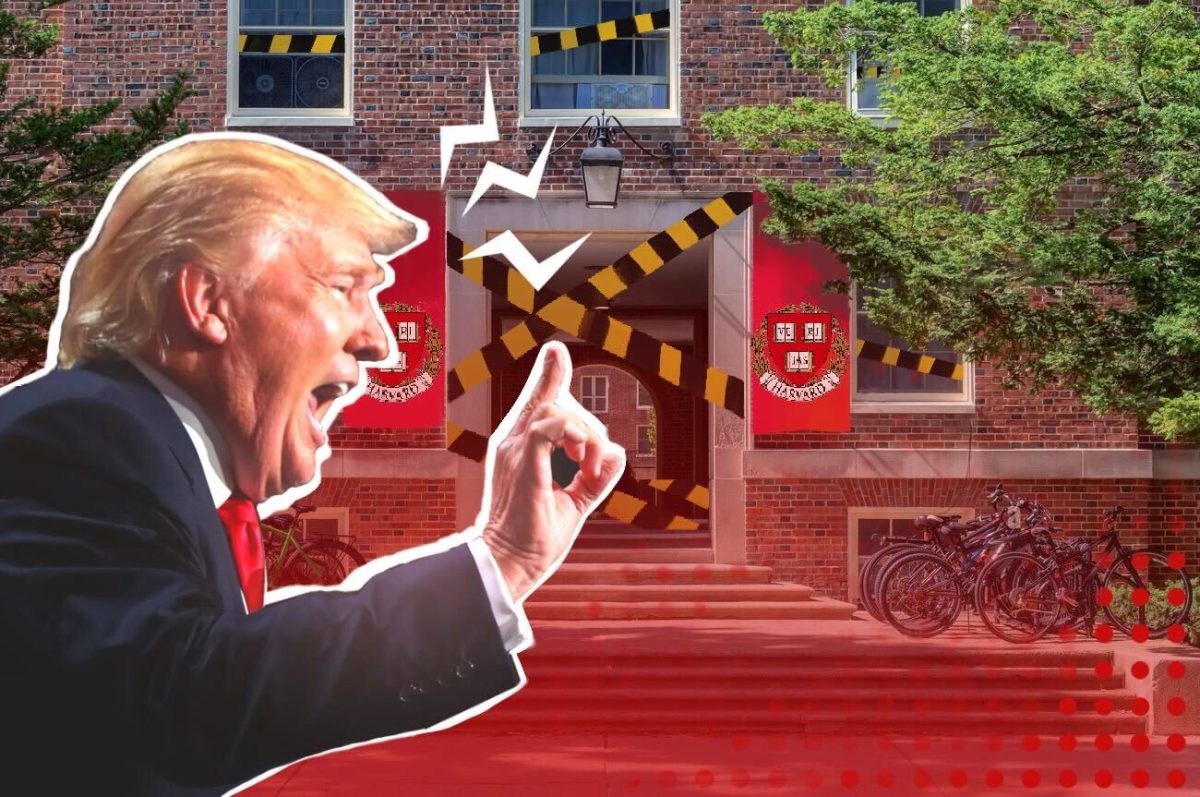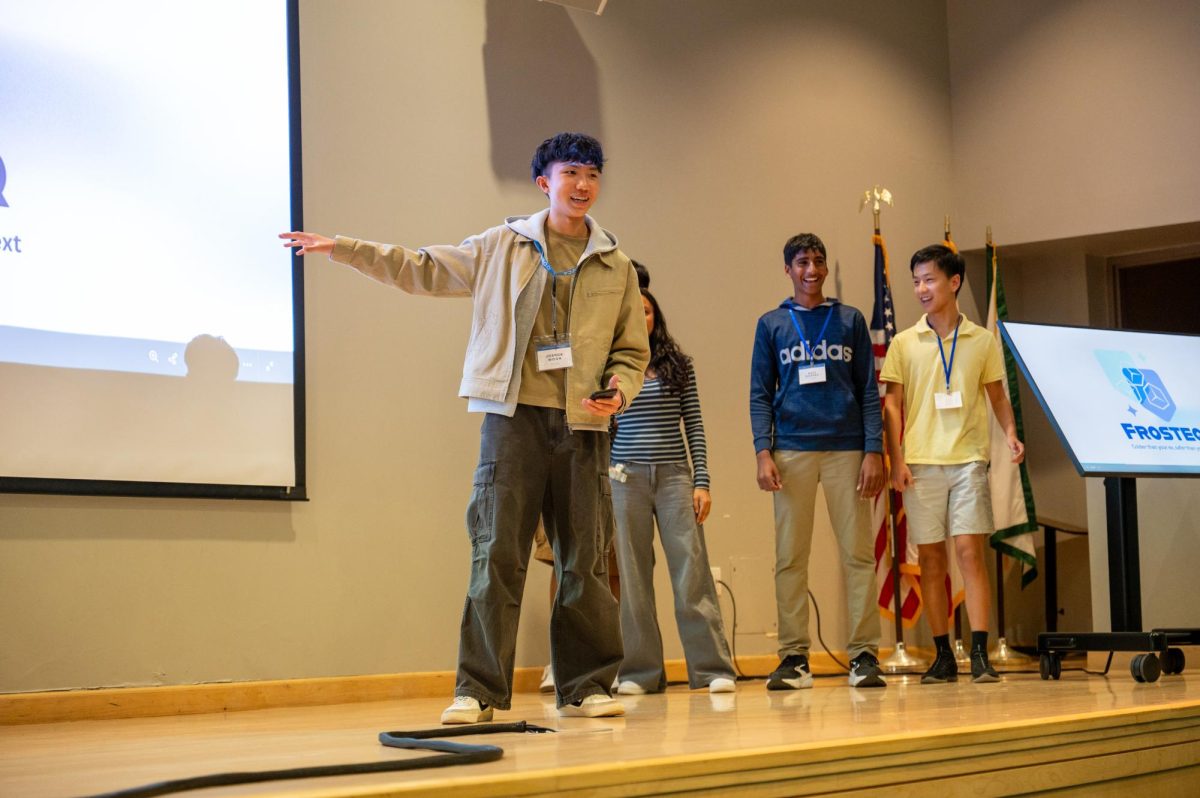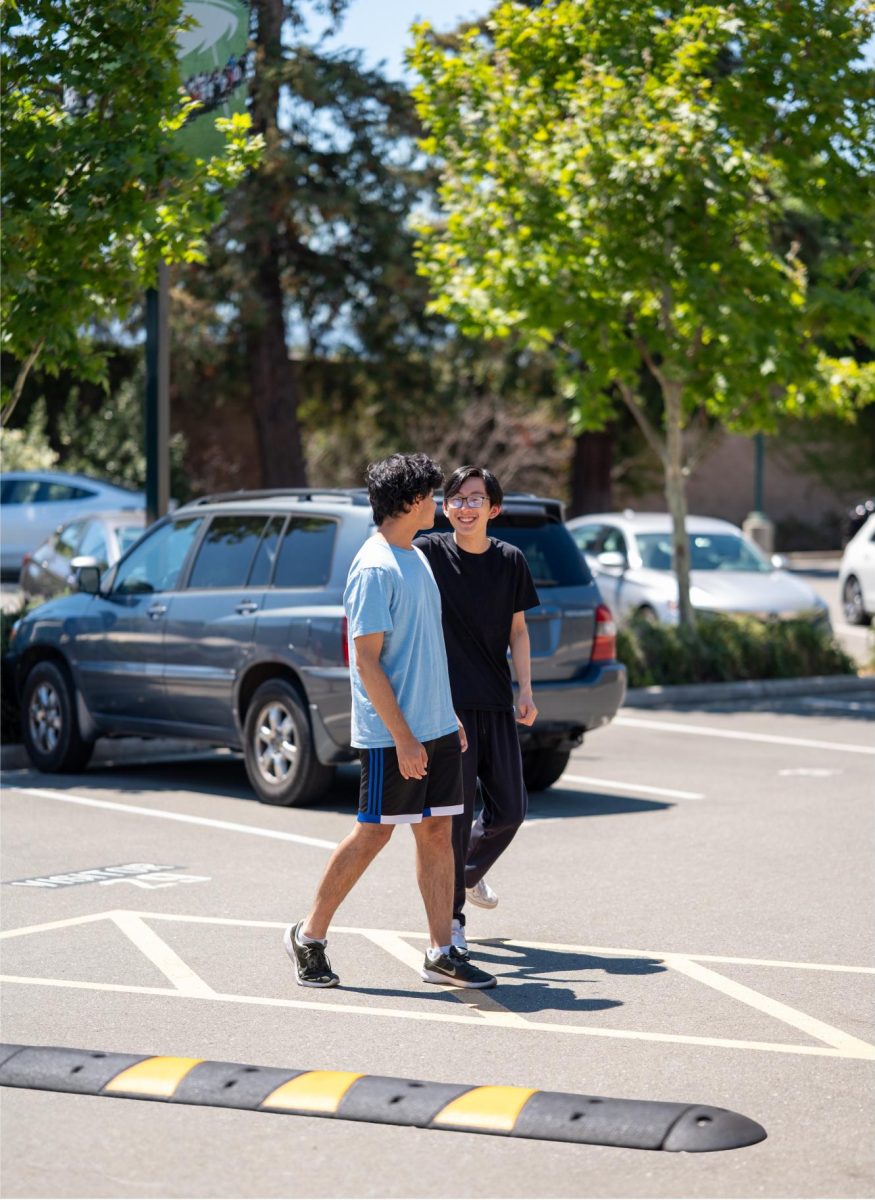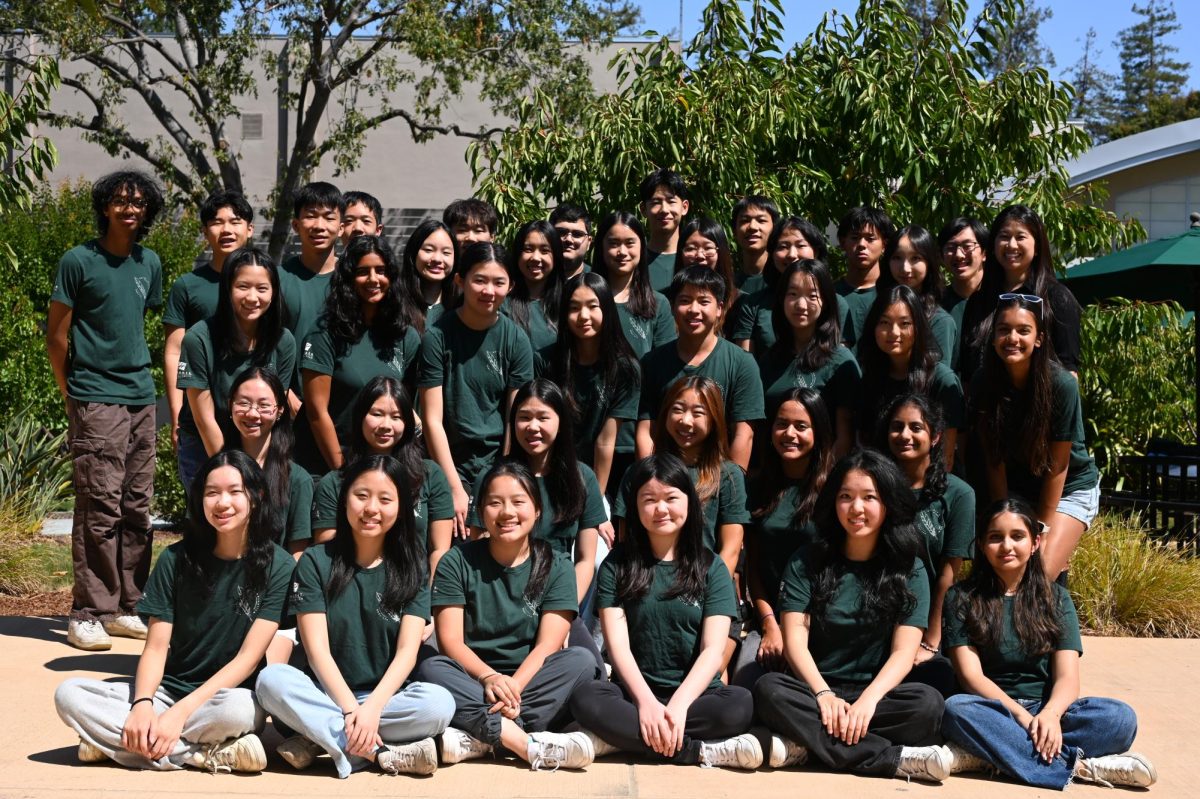After months of campaigns and political discussions in both the news media and casual conversation, voters nationwide walked into polling stations today and marked their ballots for the next president.
Eight and a half hours after polls opened, TalonWP interviewed several voters who had just cast their ballots at the Moreland Apartments in San Jose, located about five minutes away from the Upper School.
Among the four interviewed, three voted for President Barack Obama. Although their decisions can be attributed to California’s status as a predominantly Democratic state, there were a variety of other influencing factors.
Carlos Gutierrez identified Obama as the candidate he “most to” because he agreed with the majority of his policies. He felt that a victory was necessary for Obama to continue the reforms made during his first term.
“Last [election] was change, and this year was if you wanted to keep the change going in [the] direction you wanted,” he said, referring to Obama’s 2008 campaign slogan.
Linda Engstrom and Simon Deng also agreed that Obama needed more time to put his plans and policies into action. Obama’s ongoing health care reform was an especially important factor in Deng’s vote.
“There are 40-something million people who are uninsured. They will be insured under the law [with Obama’s] health care, which is a great accomplishment,” he said.
On the other hand, one voter gave her support to Governor Mitt Romney after seeing no improvement in the nation throughout Obama’s four-year presidency. Trang Nguyen’s impression of the president was also tarnished by knowledge of his government spending.
“[The Obamas] go on vacation for family, and they have to get the money from the government,” she said. “That’s not right. I saw a lot of things, but [in] four years [there has] not been change.”
Voters could also cast ballots in favor of or against state propositions that they felt particularly strongly about.
Nguyen, Engstrom, and Deng voted in favor of Proposition 30, which would temporarily increase taxes on incomes over $250,000 as well as all sales taxes to fund public education.
“I have a kid too, and they need to go to school. [Tax money] is funds for the kids,” Nguyen said.
Engstrom and Deng also supported Proposition 34, which would repeal the death penalty as well as provide a one-time grant of $100 million to local law enforcement to investigate rape and murder cases.
“I voted to repeal [because] we have to change, not [kill] people. We can put them in life imprisonment,” Deng said.
Another popular proposition was Proposition 37, which would require foods containing genetically modified ingredients to be labeled.
“I’d like to know which [foods are] changed or modified. I don’t see why not to. Obviously there’s going to be a cost involved, but that’s how it’s going to happen,” Engstrom said.
With this year already breaking the record for the most election spending in U.S. history, according to the Center for Responsive Politics, Engstrom wished to see future revisions in the election process. In addition to hoping for less extremism and a more balanced two-party system, she also wanted more honest information relayed to the public.
“I know that all politicians fudge the truth, and I know Obama’s said some things that don’t strictly pan out, but I felt that Romney in particular said some outright falsehoods that were later shown by fact checkers,” she said. “That never seems to really get into the public consciousness somehow, and I think that’s really too bad.”
With Obama officially re-elected as the next president, voters contributed to the political process regardless of their preferences.


















![“[Building nerf blasters] became this outlet of creativity for me that hasn't been matched by anything else. The process [of] making a build complete to your desire is such a painstakingly difficult process, but I've had to learn from [the skills needed from] soldering to proper painting. There's so many different options for everything, if you think about it, it exists. The best part is [that] if it doesn't exist, you can build it yourself," Ishaan Parate said.](https://harkeraquila.com/wp-content/uploads/2022/08/DSC_8149-900x604.jpg)




![“When I came into high school, I was ready to be a follower. But DECA was a game changer for me. It helped me overcome my fear of public speaking, and it's played such a major role in who I've become today. To be able to successfully lead a chapter of 150 students, an officer team and be one of the upperclassmen I once really admired is something I'm [really] proud of,” Anvitha Tummala ('21) said.](https://harkeraquila.com/wp-content/uploads/2021/07/Screen-Shot-2021-07-25-at-9.50.05-AM-900x594.png)







![“I think getting up in the morning and having a sense of purpose [is exciting]. I think without a certain amount of drive, life is kind of obsolete and mundane, and I think having that every single day is what makes each day unique and kind of makes life exciting,” Neymika Jain (12) said.](https://harkeraquila.com/wp-content/uploads/2017/06/Screen-Shot-2017-06-03-at-4.54.16-PM.png)








![“My slogan is ‘slow feet, don’t eat, and I’m hungry.’ You need to run fast to get where you are–you aren't going to get those championships if you aren't fast,” Angel Cervantes (12) said. “I want to do well in school on my tests and in track and win championships for my team. I live by that, [and] I can do that anywhere: in the classroom or on the field.”](https://harkeraquila.com/wp-content/uploads/2018/06/DSC5146-900x601.jpg)
![“[Volleyball has] taught me how to fall correctly, and another thing it taught is that you don’t have to be the best at something to be good at it. If you just hit the ball in a smart way, then it still scores points and you’re good at it. You could be a background player and still make a much bigger impact on the team than you would think,” Anya Gert (’20) said.](https://harkeraquila.com/wp-content/uploads/2020/06/AnnaGert_JinTuan_HoHPhotoEdited-600x900.jpeg)

![“I'm not nearly there yet, but [my confidence has] definitely been getting better since I was pretty shy and timid coming into Harker my freshman year. I know that there's a lot of people that are really confident in what they do, and I really admire them. Everyone's so driven and that has really pushed me to kind of try to find my own place in high school and be more confident,” Alyssa Huang (’20) said.](https://harkeraquila.com/wp-content/uploads/2020/06/AlyssaHuang_EmilyChen_HoHPhoto-900x749.jpeg)



